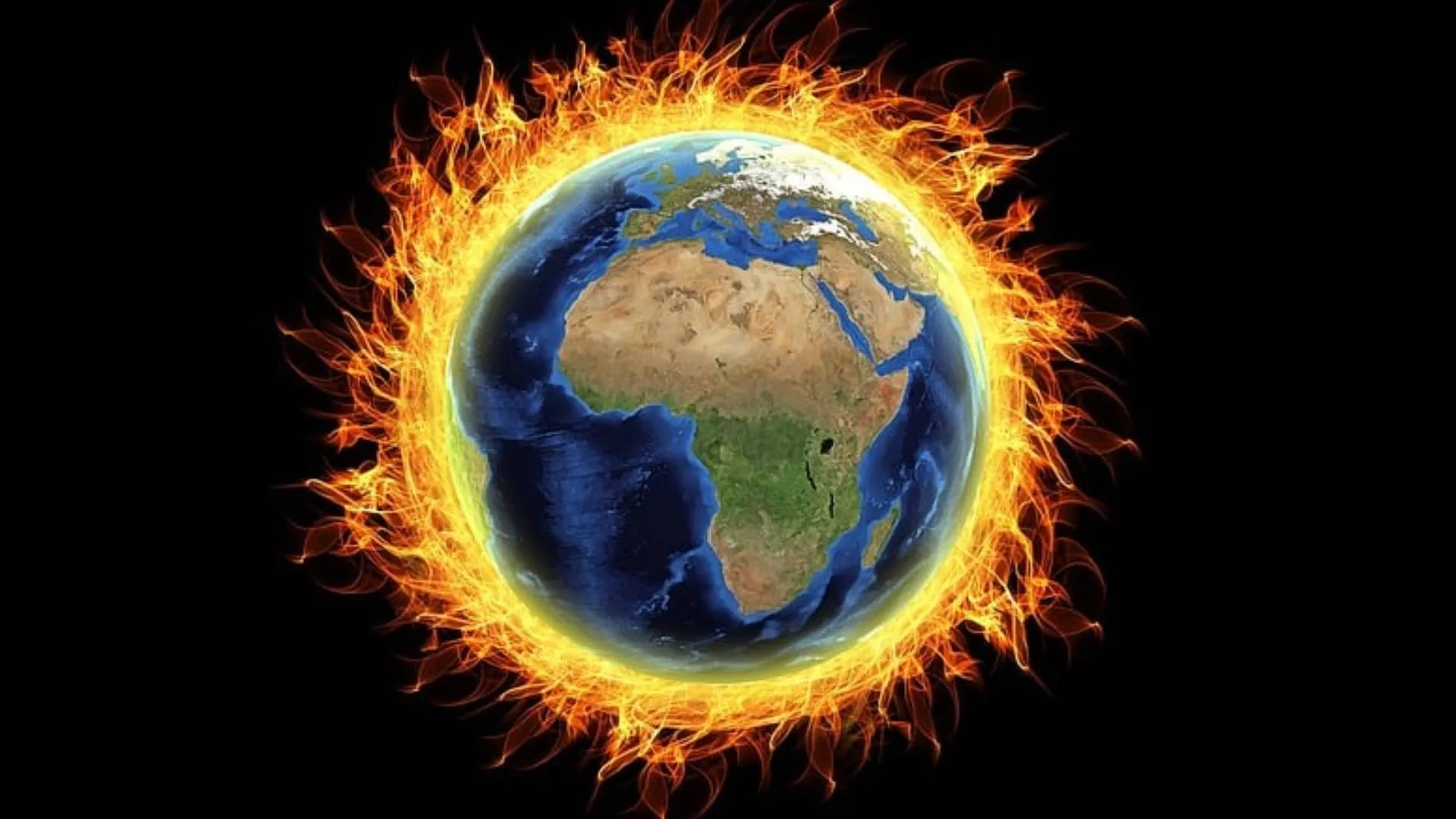In a shocking revelation, records show that 2024 is the hottest year ever, surpassing even the previous year’s heat. For the first time in history, global temperatures temporarily passed the critical 1.5°C threshold above pre-industrial levels. The Paris Climate Agreement set this as a benchmark. Weather monitoring agencies from across the world, including the European Commission’s Copernicus Climate Service, Japan’s weather agency, and the UK’s Meteorology Office, have confirmed this alarming statistic. Their reports all indicate the same conclusion regarding the unprecedented rise in global temperatures.
Global Temperature Soars Beyond 1.5°C Threshold
The global average temperature for 2024 has easily surpassed the record heat of the previous year. Measurements from different agencies show varying results but all confirm the increase. The European team recorded 1.6°C (2.89°F) of warming, Japan reported 1.57°C (2.83°F), and the UK found 1.53°C (2.75°F). American agencies, including NASA and the National Oceanic and Atmospheric Administration (NOAA), are set to release their data. Their data will likely reflect record-breaking temperatures. Experts attribute the surge in temperatures to the accumulation of greenhouse gases in the atmosphere, primarily from burning fossil fuels.
Record-Setting Year for Climate Warming
The global temperature in 2024 has surpassed last year’s heat by an unusually large margin. Experts noted that until the recent years of extreme heat, global temperature records typically exceeded by mere hundredths of a degree. This year saw an unprecedented increase, with the past decade now recording the hottest temperatures on Earth in the last 125,000 years. Copernicus reports that July 10, 2024, set the record as the hottest day ever recorded, with an average global temperature of 17.16°C (62.89°F).
El-Nino and Fossil Fuels Drive Unprecedented Heat
The continued burning of fossil fuels is the primary cause of this year’s record temperatures. This process releases large amounts of carbon dioxide and other greenhouse gases into the atmosphere. While a temporary natural El Niño event in the central Pacific contributed slightly to the warming, the larger driver of the record heat remains human-induced climate change. The rising global temperatures have resulted in more extreme weather events, including hurricanes, floods, and wildfires.
Professor Marshall Shepherd, a meteorology expert at the University of Georgia, referred to the global temperature rise as a “warning light” signaling urgent action. “We’re seeing the effects of this climate gear shift in extreme weather events like Hurricane Helene and the wildfires in California,” he warned.
Climate Change’s Rising Economic and Environmental Costs
In addition to the environmental impact, the economic cost of climate-related disasters continues to climb. Last year, the world incurred $140 billion in disaster losses, with North America being particularly hard hit. The accelerating global temperature increases contribute to more damage to property, human health, and ecosystems.
Kathy Jacobs, a water scientist at the University of Arizona, stressed that the acceleration of global warming means more frequent and severe damages to both human infrastructure and the environment.
1.5°C Threshold: Warning Sign for the Future
For the first time, a year has surpassed the 1.5°C warming threshold. While 2023 was the first to breach this limit, it was largely attributed to a specific measurement by Berkeley Earth. However, scientists emphasize that the 1.5°C limit is meant to represent long-term warming over 20 years, and the Earth’s current warming stands at 1.3°C (2.3°F) since pre-industrial times.
Victor Gensini, a climate scientist at Northern Illinois University, warned that surpassing this threshold, even for a single year, is a red flag for the planet. “It shows how dangerously close we are to breaching the limits set by the Paris Agreement,” Gensini said.






















